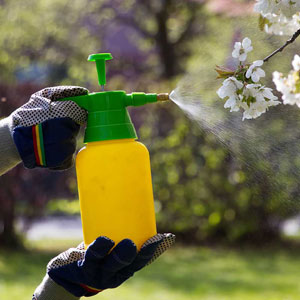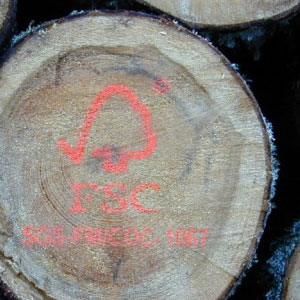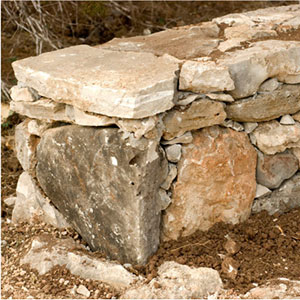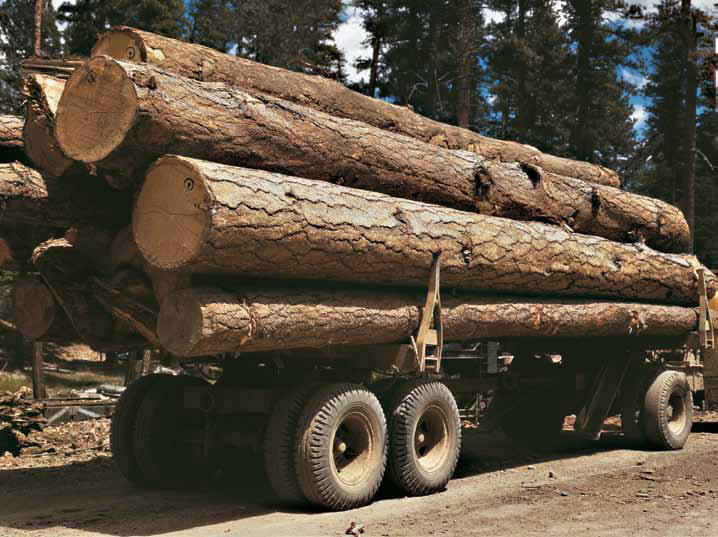
When researching what type of wood to use, one must take their particular region into account; for instance ,this ponderosa pine might be sustainable in one part of the U.S. but not in another. Image credit: Landscape For Life
Use Certified Woods
While consumers clamor for lists of wood species to choose and endangered wood species to avoid, many experts are hesitant to make recommendations for a number of reasons. Trees become threatened when they are not being harvested sustainably, yet within the same country, a tree species may be endangered in one area and responsibly harvested in another. In the case of domestic trees like Douglas fir, it is not the species itself but rather the old-growth forests from which specimens can be cut that are becoming rare.
Traditionally, forests have been managed for maximum timber yield and profit. But to be a truly renewable resource, wood must be managed on a sustainable yield basis — it should not be cut down faster than it can be regrown or replaced by nature in the wild. The term “sustainable yield” has entered the lexicon of forestry schools only in the past few decades, and it’s just beginning to filter down to foresters in the field. Most forest lands are still managed primarily for just one species and one size of tree in what are called even-age stands, drastically limiting the diversity of wild plants and animals that can live there.
Ecologically managed forests incorporate a number of environmental practices, such as protecting riparian zones from logging to prevent erosion and damage to aquatic habitats, and creating zones of critical habitat for rare and endangered species. Wood plantations are managed so they reduce pressures on and promote the restoration and conservation of natural forests.
The best way to guarantee that the lumber and other wood products you purchase have been harvested sustainably is to choose products certified by the Forest Stewardship Council (FSC) or other independent nonprofit organizations which have determined that the materials meet rigorous standards. Information on the FSC standards, the certification process, and how to find suppliers is available on the website of the U.S. chapter of the FSC.
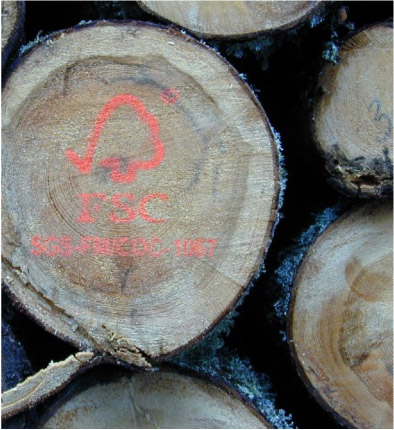
Look for lumber certified by the Forest Stewardship Council, which is marked with this logo. Image credit: Wikimedia Commons
To maximize the benefits to the environment as well as the local economy, keep these tips in mind when shopping for wood:
- Reusing materials already on the property or salvaged from a nearby location is more environmentally friendly than purchasing products made of virgin resources.
- Do not purchase wood that has been treated with chemicals which can evaporate into th air or leach off into the soil or water.
- Choose naturally rot-resistant species grown in your area.
- Keep in mind that wood requires maintenance over its lifetime. When paints or other finishes are necessary, choose the least toxic products available.

